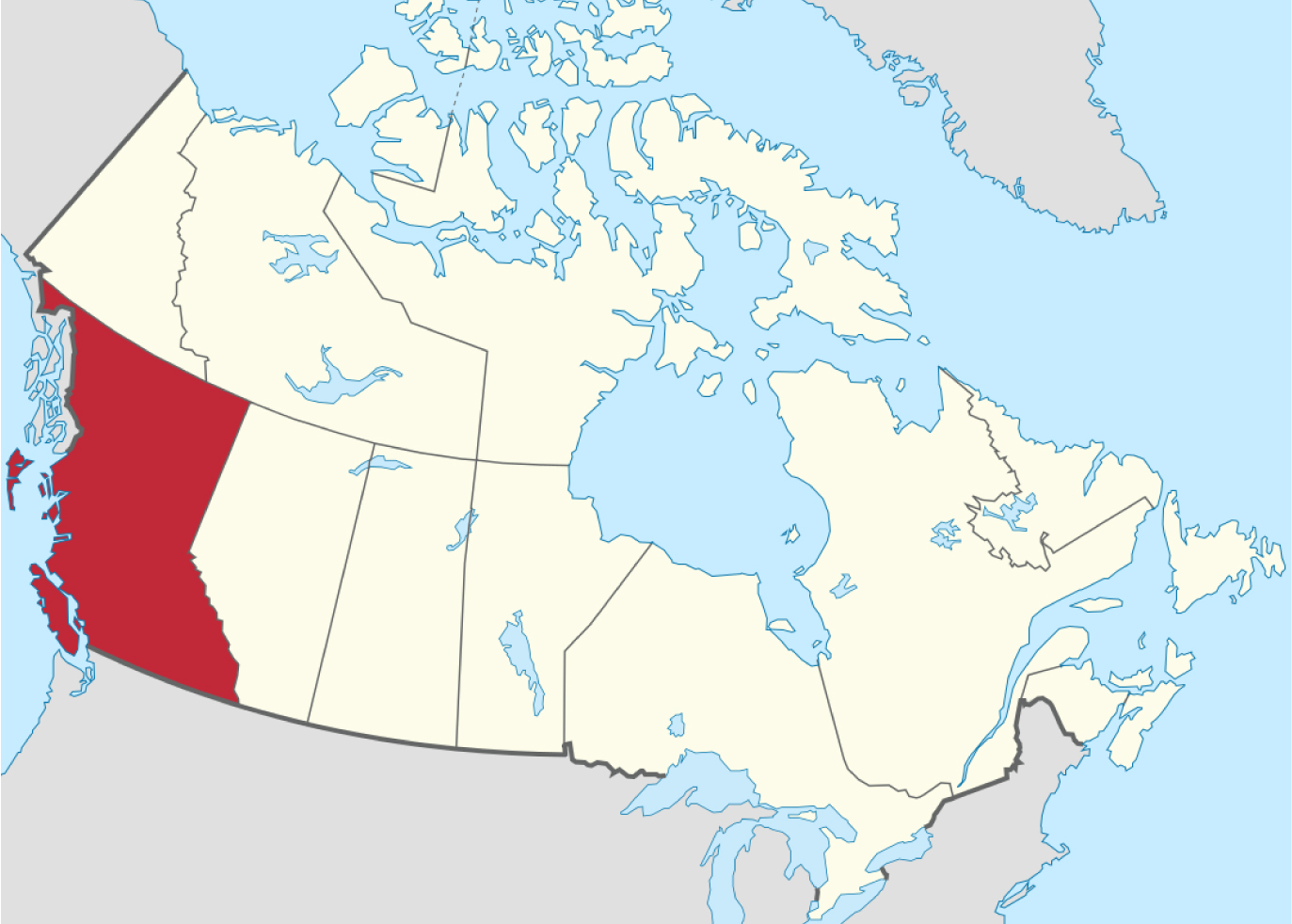Seniors’ care providers across the province are calling upon the Government of British Columbia to provide emergency financial relief to support the ongoing fight against the coronavirus. While funding has begun to flow in other Canadian provinces to care homes, providers in British Columbia who are feeling the strain of increasing COVID-related costs say the funding must flow immediately.
Seniors who live in care are particularly vulnerable to respiratory viruses, due to their advanced age as well as frail health status. Slowing and preventing the spread of the coronavirus has added extraordinary costs for care homes across Canada, in the order of hundreds of dollars per bed per month. Inflated prices and higher use of personal protective equipment, as well as empty bed days and growing labour-related expenditures are all contributing to increased costs.
While each jurisdiction in Canada is being impacted by the coronavirus, it is difficult not to contrast the experience of providers in British Columbia with the financial supports being doled out in other provinces.
For example, the Province of Ontario has recently committed to providing $88 million in one-time emergency funding to Ontario’s 627 publicly-funded long-term care homes. Each care home will receive a baseline of $12,000 and $200 per bed, with additional funding for those homes with active cases of coronavirus. The funding is intended to flow to care homes in one envelope, allowing each organization the flexibility to allocate dollars where needed.
Alberta and Ontario have both committed to providing “hero pay” to workers in long-term care. Ontario will provide a $4 per hour boost to front-line staff in long term care, home health and retirement homes. Alberta is providing a $2 per hour boost to health care aides.
While British Columbia has also committed to reducing financial impacts for frontline workers, the approach is currently unique in the country. As announced by Health Minister Adrian Dix, the province will implement wage leveling, bringing all frontline workers in long-term care and assisted living up to the top wage-rate. The move will cost an estimated $10 million a month.
And while this additional support will be welcomed by frontline workers, the complexity and the lack of certainty around the proposed process has delayed the program for weeks, and adding emotional strain for staff who have been anticipating the boost in pay. To date, little information has been available for care home operators on how the funding will flow, what wage rate will apply, and when operators should expect to receive the funding.
How funding for the single site wage leveling process will work is not the only matter at hand. Care providers are also in discussions with the province about how to account for pandemic-related costs.
New measures, such as 24/7 health screening for staff, residents and visitors; heightened infection control procedures; enhanced cleaning in common areas and residents’ rooms; significant increases in staffing costs, including overtime and backfill hours for sick leave; and extraordinary increases in use of personal protective equipment, are putting pressure on the financial stability of care homes.
A BCCPA member describes what they are facing as a result of the coronavirus.
“The cost pressures have mounted up as a result of the pandemic, and as an operator we need to ensure that the government is doing its part to help operators keep residents and staff safe by contributing to the extraordinary additional costs that are being incurred in our long-term care, assisted and independent living homes. The B.C. government must find a way to reimburse our COVID-19 costs like so many of the other provinces have, and soon.”
While BCCPA applauds many of the provincial government efforts so far to limit the spread of the novel virus—including announcing $10 million to enhance infection prevention and control equipment in B.C. seniors long term care and assisted living homes—swift measures must be put in place to mitigate the overwhelming fiscal pressures facing seniors care providers during the pandemic.
BACKGROUND
Click here for a summary of funding announcements by Canadian provinces in relation to the pandemic.





